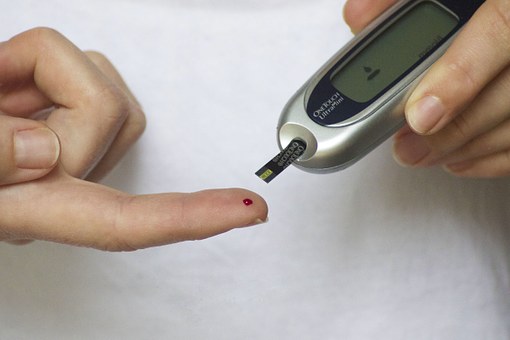Media Release
From: Monash UniversityA new discovery has the potential to slow the progression of kidney disease in people with diabetes.
Researchers from Monash University’s Central Clinical School in Australia have found that a drug that has already been tested on other inflammatory diseases can decrease kidney injury caused by diabetes.
Led by Associate Professor Melinda Coughlan from the Department of Diabetes, the five-year study initially discovered that a key immune system pathway, called the complement pathway – which usually protects the body from infection – was hyperactivated and caused inflammation in people with diabetic kidney disease.
Associate Professor Coughlan’s team then discovered this pathway could be disrupted with a drug developed by Associate Professor Trent Woodruff, from the School of Biomedical Sciences at the University of Queensland.
Through collaborative tests on mice with diabetes and in human kidney cells, they could see that the drug helped to support the normal function of the mitochondria within the kidney – known as the “batteries of the cell” – which don’t work properly in people with diabetes.
Associate Professor Coughlan said their discovery, which is being published in the US journal Diabetes on Friday (October 18), could potentially lead to a therapy to delay or prevent renal failure in people with diabetic kidney disease.
“We’re saying this is a new link between the immune system and the mitochondria, which could also help patients with diabetic kidney disease by boosting mitochondrial health – so it could protect the kidney in patients with diabetes,” Associate Professor Coughlan said.
Diabetes is a growing global health burden, with 422 million adults – or one in 11 people – diagnosed with the disease. Each year, some 1.5 million people die from diabetes-related disease.
In Australia, 298 people are diagnosed with diabetes every day, with one in four adults living with diabetes or pre-diabetes. The total annual cost impact of diabetes in Australia is estimated at $14.6 billion.
It’s the leading cause of blindness in working adults, and can cause stroke, heart disease, limb amputations, and is the leading cause of renal failure.
Associate Professor Coughlan said while the discovery wasn’t a cure or prevention for diabetes, it could have enormous health and financial benefits.
“Findings like this will become important for managing the health of people with diabetes. The economic burden of diabetes is huge, and this could potentially help reduce that.”
Associate Professor Coughlan, whose work includes investigating dietary factors leading to the onset of diabetes and its complications, said they would now look at developing medicines that target this pathway for future use in the clinic.


